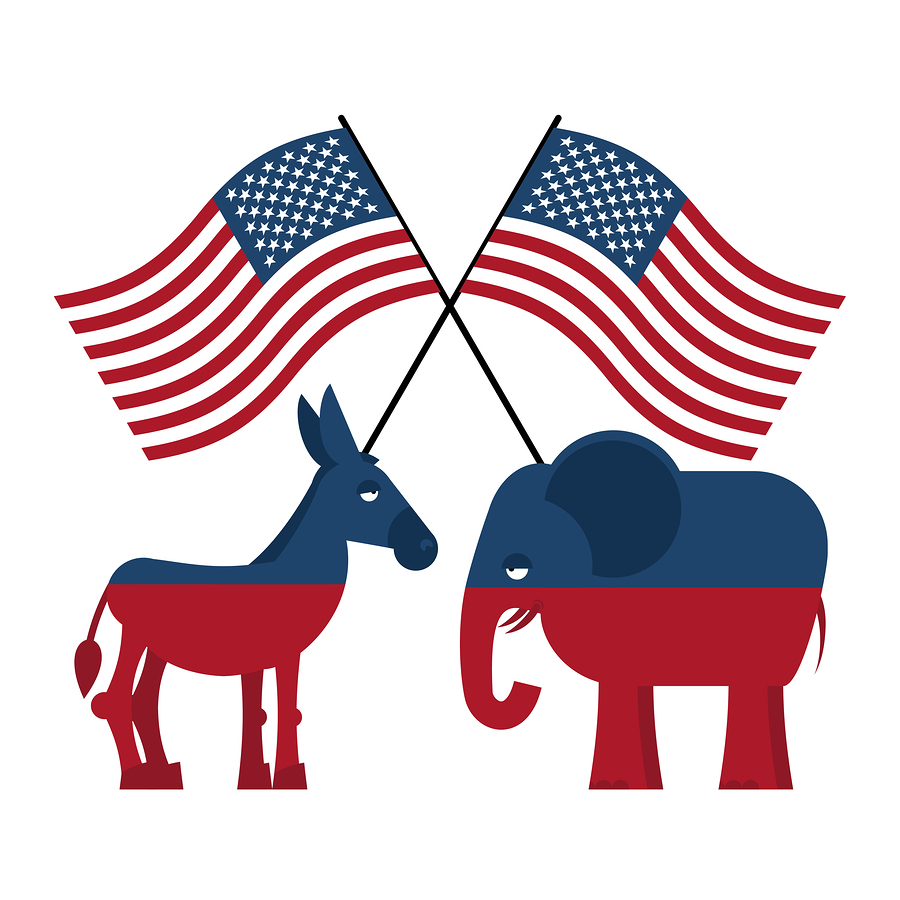
According to a recent survey from FoodMinds, consumers think food policy issues should be part of the presidential conversation. They also believe society has a growing responsibility to help people make good food choices.
The Food Temperance in America study surveyed “opinion leader shoppers” to learn their views on various food issues, including government intervention, food choices, and nutrition information. Here are some of the results.
Consumers want food policy to be part of the presidential debates.
- Two out of three survey respondents say food policy issues should be part of the presidential debates, including 76% of Democrats and 50% of Republicans.
Perceived responsibility for food choices is shifting away from the individual, and toward society.
- More than half (52%) of survey respondents believe the primary responsibility for making good food choices rests with society, rather than with the individual. (“Society” here means the government, food companies, the healthcare system, and the educational system.)
- This is a large shift from 2010, when only 37% of respondents assigned responsibility to society.
- Republicans are more likely than Democrats to place responsibility on the individual, but Republicans are shifting toward societal responsibility, as well.
- In 2016, 59% of Republicans say responsibility rests with the individual, down from 67% in 2012.
Consumers — especially Democrats — are more supportive of government intervention in food policy.
- 54% of respondents (71% of Democrats, and 34% of Republicans) support government intervention to limit the consumption of unhealthy foods, up from 46% in 2012.
- 30% are open to the idea of restrictions and warnings, up from 16% in 2012. Both Democrats and Republicans prefer education on healthy eating to than restrictive policies.
- Democrats are more likely to support government intervention on most food issues, including:
- GMO labeling
- Defining natural foods
- Overtly identifying foods to avoid
- Preventing companies from using health claims to market food products.
- Among Republicans, the strongest support is for banning food-stamp purchase of high-calorie, low-nutrient foods, and the strongest opposition is to tax-based food policies.
For nutrition information, consumers trust friends, family, peers, and government agencies.
When asked whom they trust to provide reliable and useful information about nutrition and health, respondents said:
- Friends and family (84%)
- Government agencies (77%)
- Community peers (69%)
- Special interest groups (65%)
- Michelle Obama (61%)
- Media (53%)
- Social media (47%)
- Celebrities (35%).
For more details, see the Food Temperance Survey fact sheet.







